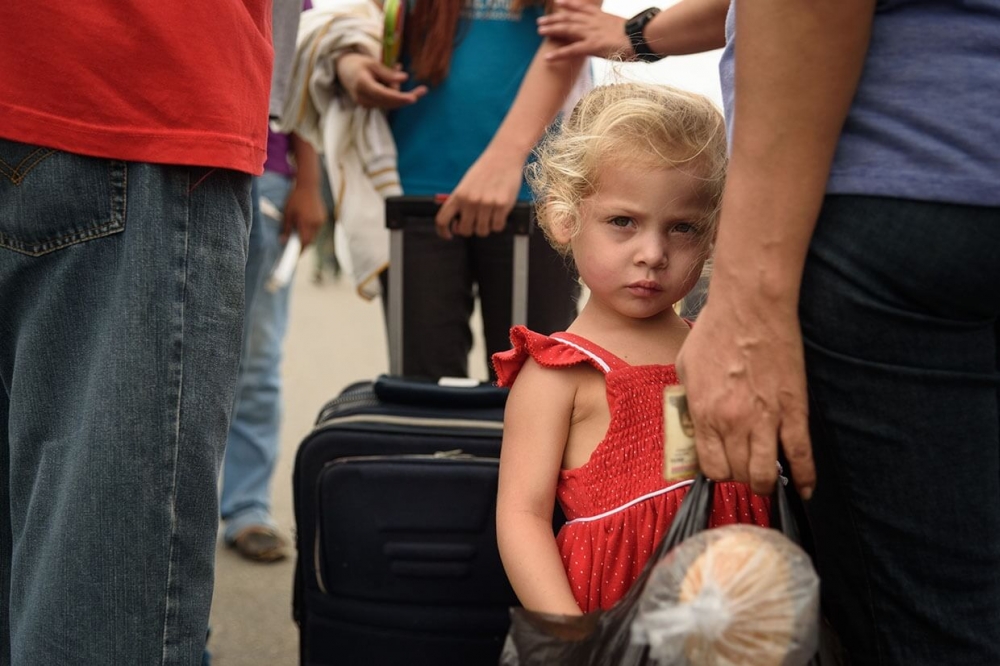Venezuelan government denies health crisis as many continue suffer

According to a report from Human Rights Watch, Venezuela is in the middle of a critical health crisis.
Many Venezuelans are currently suffering from outbreaks of diseases such as diphtheria, measles, tuberculosis cases, spikes in malaria, and unavailability of anti-retroviral treatment for HIV infected patients. They are more susceptible to complications and infectious diseases due to increasing levels of malnutrition.
Statistics have highlighted that over 7,300 measles cases have been reported in Venezuela since June 2017, including 64 deaths and 5,500 confirmed cases as of September 2018. Over 10,000 cases of suspected measles cases have since spread to Brazil.
Prior to 2015 no measles cases had been detected in the country since 2008.
Between 2006 and 2015, no diphtheria cases were reported in Venezuela. However, between July 2016 and September 2018, there were over 2,000suspected diphtheria cases were reported and more than 200people have died due to a lack of vaccinations.
The World Health Organisation reported that confirmed and suspected malaria cases have increased within the last few years. Cases of malaria have increased from 36,000 in 2009 to 406,000 in 2017.
In nine Venezuelan states, malaria is an ongoing epidemic exacerbated by illegal mining activities that promote mosquito breeding, reductions in mosquito control activities and lack of medication to treat the disease.
From 2014 to 2016, there was a significant increase in tuberculosis cases, with the number increasing from 6,000 in 2014 to 7,800 in 2016. In 2017 the tuberculosis incidence rate in Venezuela was 32.4 per 100,000its highest rate in 40 years.
Across Venezuela thousands of people suffering from HIV do not have access to the necessary treatment. Of the 79,000 people registered to receive HIV treatment in the country, 87% are not receiving it. The number of people diagnosed with HIV in Venezuela has increased by 24% between 2010 and 2016, with 6,500 diagnoses in 2016.
The ongoing crisis in Venezuela has impacted maternal and infant mortality rate. The Health Ministry noted that in 2016, infant mortality increased by 30 percent, while maternal mortality rose 65 percent in just one year.
Venezuela is also suffering a food security crisis with worrying levels of malnutrition. It is estimated that approximately 80% of households are food insecure, driving high levels of migration.
Similarly, there are concerns for child malnutrition as reports indicate that 13.5% of children are malnourished; however, in lower income areas this figure is higher. In Caracas 16.7% of children are thought to be malnourished.
Shannon Doocy, Associate professor at Johns-Hopkins Bloomberg School of Public Health commented:
“Venezuela’s public health system has collapsed, putting at risk the lives of countless Venezuelans. The combination of a failing health system and widespread food shortages has produced a humanitarian catastrophe, and it will only get worse if it’s not addressed urgently.”
The AIDF Global Summit will return to Washington in 2019.
If you’d like to stay informed on the latest updates in aid and development, please sign up for the AIDF newsletter.
Photo Credit: Mercy Corps














